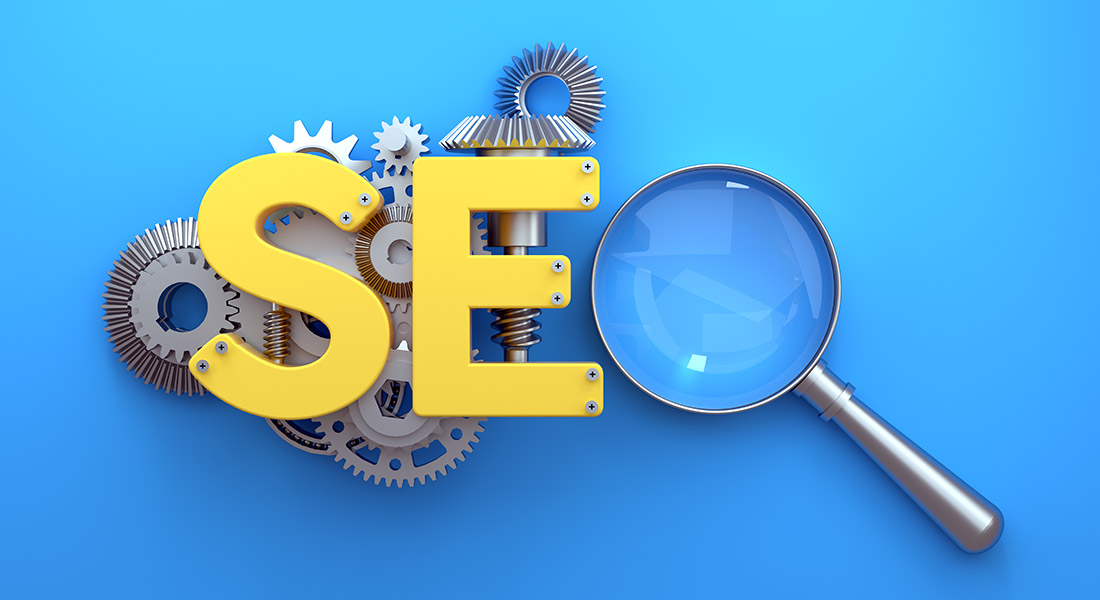
Search Engine Optimization (SEO) isn’t just a marketer’s responsibility anymore—developers play a critical role in ensuring a website is optimized from the ground up. While content and backlinks are important, technical SEO is the foundation that enables search engines to crawl, index, and rank your site effectively.
For businesses, this means better visibility, higher traffic, and increased conversions. Developers who understand and implement technical SEO strategies provide immense value to their teams and clients.
Here’s how technical SEO impacts your business and what developers need to know:
1. Website Architecture and Crawlability
Search engines like Google use bots to crawl and index websites. A clean, logical site structure ensures that every important page is easily discoverable.
-
Use a clear hierarchy with internal linking.
-
Keep URLs short, descriptive, and consistent.
-
Submit XML sitemaps to search engines.
-
Use
robots.txtcorrectly to guide crawlers.
2. Page Speed and Performance
Page speed is a confirmed Google ranking factor. Developers control many aspects of site performance:
-
Minify CSS, JavaScript, and HTML.
-
Optimize images (use WebP, lazy loading).
-
Use caching and a CDN.
-
Avoid render-blocking resources.
3. Mobile Optimization
With Google’s mobile-first indexing, the mobile version of your site is the one used for ranking.
-
Use responsive design.
-
Avoid intrusive popups.
-
Ensure all content is accessible on mobile.
4. Secure and Accessible Sites (HTTPS + Accessibility)
Security and accessibility both contribute to SEO and user trust.
-
Always use HTTPS.
-
Use semantic HTML and ARIA attributes.
-
Ensure your site is accessible to screen readers and assistive tech.
5. Proper Use of Tags and Structured Data
Meta tags and structured data (Schema.org) help search engines understand your content better.
-
Use correct
titleandmeta descriptiontags. -
Add structured data for products, articles, events, etc.
-
Use canonical tags to avoid duplicate content issues.
6. Handling Errors and Redirects
Broken links and bad redirects hurt both SEO and user experience.
-
Monitor 404 errors and fix broken links.
-
Use 301 redirects for permanently moved pages.
-
Avoid redirect chains and loops.
7. Core Web Vitals
Google’s Core Web Vitals are part of its ranking algorithm. These metrics measure real-world user experience:
-
LCP (Largest Contentful Paint): loading performance.
-
FID (First Input Delay): interactivity.
-
CLS (Cumulative Layout Shift): visual stability.
Developers can improve these by optimizing rendering, reducing third-party scripts, and improving frontend performance.
8. JavaScript SEO
If your site is JavaScript-heavy (e.g., React, Vue, Angular), make sure it’s crawlable:
-
Use server-side rendering (SSR) or pre-rendering tools.
-
Ensure critical content is available without JavaScript when possible.
Conclusion:
Technical SEO is no longer optional—it's a critical factor in business success. Developers who understand SEO fundamentals can build websites that perform better, rank higher, and convert more users. By combining clean code, fast performance, and search-friendly structures, technical SEO becomes a powerful business growth engine. When development and SEO work hand in hand, the results are measurable, scalable, and profitable.

.jpg)
.jpg)


